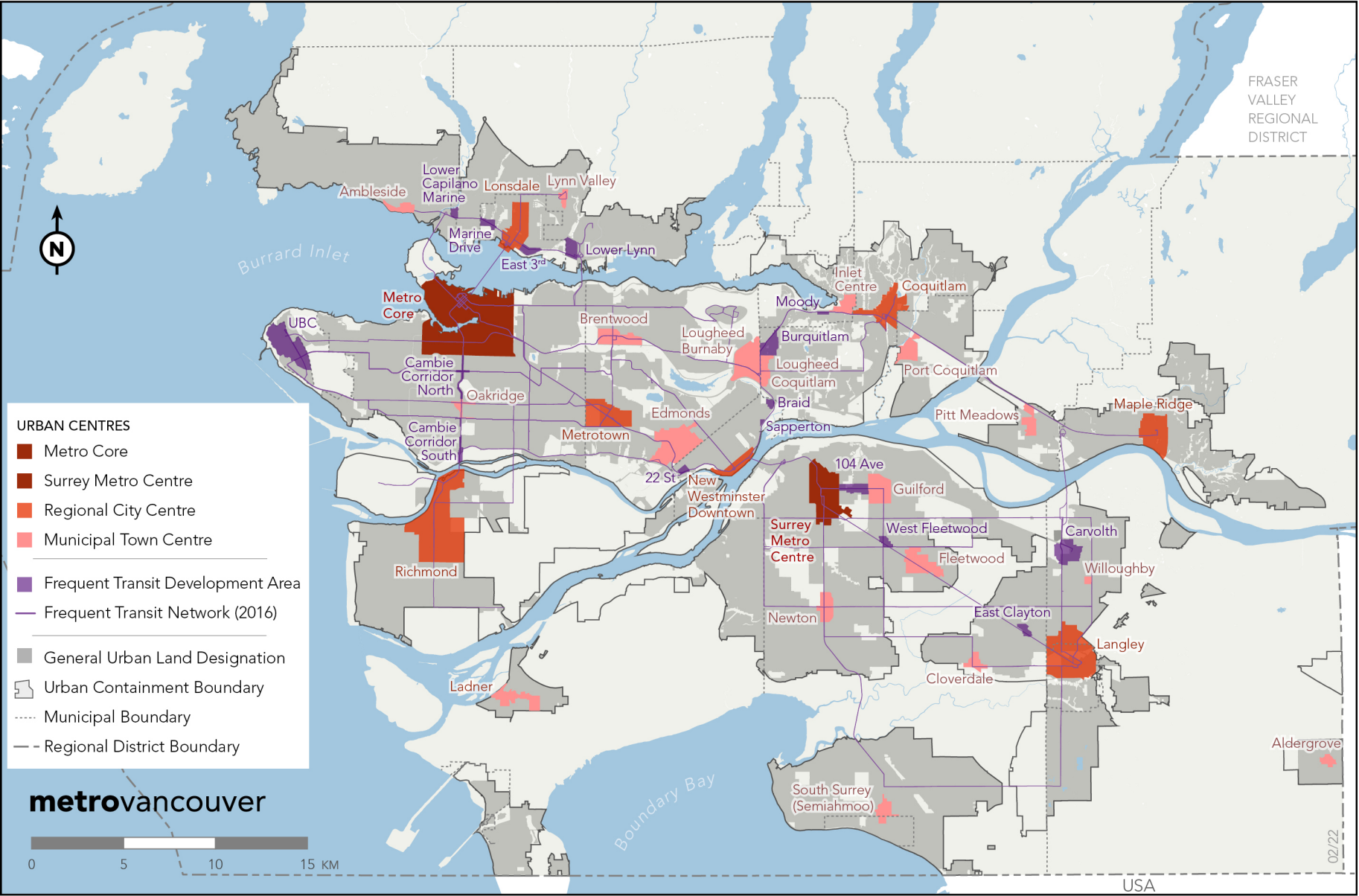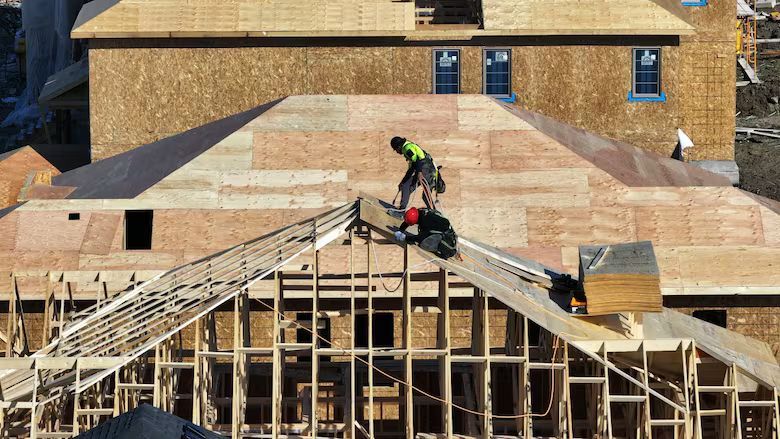Unlocking Affordable Housing in Canada: The Rise of Modular Homes
Unlocking Affordable Housing in Canada: The Rise of Modular Homes
In the face of Canada's escalating housing crisis, the conversation around affordable housing solutions has gained unprecedented urgency. Amidst this backdrop, modular homes have emerged as a beacon of hope, offering a blend of speed, sustainability, and cost-efficiency that traditional construction methods often cannot match. Here's an in-depth look at how modular homes could be the key to making homeownership accessible across Canada.
What Are Modular Homes?
Modular homes are constructed in sections, or "modules," in a controlled factory environment. These modules are then transported to the building site, where they are assembled on a permanent foundation. Unlike mobile homes, which are built on a chassis and can be moved from place to place, modular homes are fixed to the ground, providing the same permanence as traditionally built homes.
Benefits for Affordable Housing
1. Speed of Construction: One of the most significant advantages of modular homes is the speed at which they can be built. Since most of the construction happens off-site, weather delays are minimized, and homes can often be completed in a fraction of the time it takes to build a conventional home. This rapid construction timeline can lead to quicker occupancy, reducing the time potential homeowners must wait to move in.
2. Cost Efficiency: Modular homes generally offer substantial savings over traditional stick-built homes. The factory setting allows for bulk material purchasing and efficient use of resources, which cuts down on waste and costs. Fixed labor costs in a factory setting also contribute to predictable pricing, which is essential in an unpredictable economic climate. Many modular home providers in Canada boast that their homes can save buyers up to 40% compared to traditional builds.
3. Quality Control: In a factory, each module is built under stringent quality control measures, often surpassing the standards of on-site construction. This controlled environment ensures that materials are not exposed to the elements during construction, thus maintaining quality and durability.
4. Sustainability: Modular construction is inherently more sustainable. It reduces on-site waste, uses materials more efficiently, and can incorporate green building technologies more seamlessly. This aspect not only appeals to environmentally conscious buyers but also can lead to reduced long-term living expenses through energy-efficient designs.
5. Adaptability and Customization: Contrary to the myth that modular homes come in one-size-fits-all configurations, many manufacturers offer extensive customization options. Homebuyers can select designs, materials, and even add-ons like solar panels or energy-efficient appliances, tailoring the home to their needs and budget.
6. Addressing Housing Shortages: With Canada's need for 3.5 million additional housing units by 2030 to restore affordability, modular homes provide a scalable solution. Cities like Toronto have already seen success with modular housing initiatives aimed at providing quick, affordable housing options for those experiencing homelessness, demonstrating the model's viability in urban settings.
Challenges and Considerations
Despite the benefits, modular homes face their own set of challenges:
- Perception: There's still a stigma associated with modular homes, often seen as less durable or less valuable than traditional homes. Education and showcasing quality modular projects could shift public perception.
- Regulatory Hurdles: Building codes, zoning laws, and local permits can sometimes complicate or delay the placement of modular homes, especially in densely populated areas.
- Transport and Installation: While generally efficient, the logistics of moving and setting up large modules can be complex and require careful planning to minimize costs and disruption.
The Future of Modular Homes in Canada
The momentum for modular housing in Canada is palpable, with both government and private sectors investing in this construction method. The federal government has even introduced financing options for projects using innovative building technologies like modular construction, signaling a strong endorsement.
As policies evolve and public perception shifts, modular homes could become a cornerstone of Canada's approach to solving its housing crisis. With their promise of affordability, speed, and sustainability, modular homes are not just an alternative but a necessary evolution in how we think about and build homes for the future.
In summary, modular homes present a viable, scalable solution to Canada's affordable housing needs, offering a pathway to homeownership for many who might otherwise be priced out of the market. As we move forward, the integration of modular construction into mainstream housing solutions could very well redefine what we consider home in Canada.




